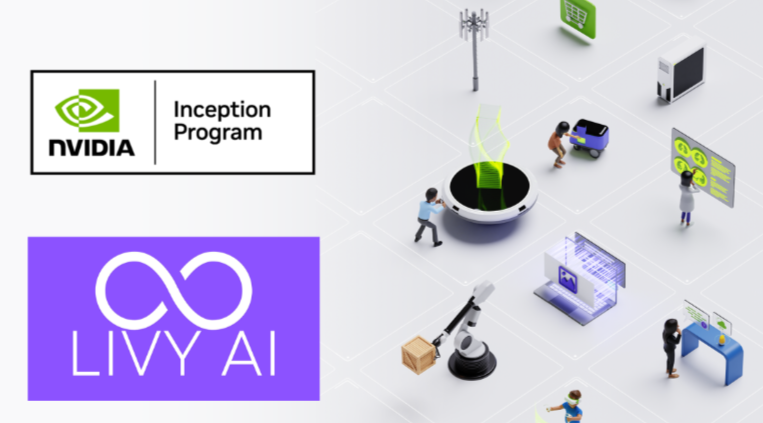
As artificial intelligence (AI) becomes an integral part of collaborative writing in filmmaking, ethical considerations arise. While AI brings remarkable capabilities to the creative process, it is crucial to examine the ethical challenges and ensure the preservation of human creativity and emotional depth. In this article, we delve into the ethical implications and further considerations associated with AI's role in collaborative writing.
The Ethical Dilemma: AI as a Creative Partner:
The integration of AI in collaborative writing raises ethical questions regarding the extent of AI's influence and the role it should play in the creative process. While AI algorithms can generate ideas, suggest plot twists, and refine dialogue, the question remains: Should AI take the lead in creative decision-making? Striking a balance between AI's contributions and the human writer's creative vision is vital to preserve the authenticity and emotional depth that human creativity brings to storytelling.
It is essential to recognize that AI is a tool designed to enhance human creativity, not to replace it. The human touch in storytelling encompasses emotional intelligence, empathy, and a deep understanding of the human condition. These qualities cannot be replicated by AI algorithms alone. Filmmakers must navigate the ethical dilemma by utilizing AI as a creative partner, leveraging its analytical capabilities while maintaining control over the artistic direction.
Livy against any inappropriate content restrictions include anything from hate speech and harassment to sexually explicit or violent material. While we know that there shall not be boundaries on creativity, we need to ensure that users are not posting content that is harmful, offensive, or illegal.
Addressing Bias and Representation in AI-generated Content:
As AI algorithms analyze vast amounts of data, they can inadvertently perpetuate biases and reinforce existing inequalities present in the source material. This raises ethical concerns regarding the representation of diverse voices and perspectives in AI-generated content. Filmmakers have a responsibility to ensure that AI suggestions are inclusive and promote diverse narratives that accurately reflect the richness of human experiences.
To mitigate bias, filmmakers can curate the data used to train AI algorithms, ensuring diverse and representative sources. Additionally, manual review and oversight are necessary to detect and rectify any biases that may emerge. Collaborative writing with AI should strive to challenge stereotypes, break barriers, and amplify underrepresented voices, fostering inclusivity and social progress through storytelling.
Livy has do the best to avoid bias and stereotypes, but we cannot guarantee everything generated by Livy is always true. We welcome any feedback and comments, please free feel to email us at support@Livy.ai anytime when you need help.
Transparency and Accountability in AI Collaboration:
One aspect of ensuring transparency is to clearly communicate when AI has been used in the creation of a film. This allows audiences to understand the extent of AI's involvement and make informed judgments about the artistic contributions. Transparency builds trust and ensures that audiences are not misled or deceived into believing that a purely AI-generated film is the product of human creativity alone.
Another important aspect is human oversight. While AI algorithms can generate ideas and suggest creative elements, human writers and filmmakers should maintain the final say and retain creative control. Human oversight ensures that the artistic vision and intentions are upheld and that the film aligns with the director's creative choices.
In conclusion, transparency and accountability are crucial when leveraging AI in collaborative writing for filmmaking. Establishing clear guidelines, maintaining human oversight, and promoting transparency in the use of AI-generated content are essential for preserving ethical standards and the authenticity of the creative process. By striking a balance between AI's capabilities and human judgment, filmmakers can harness the power of AI while upholding their responsibility to create inclusive, diverse, and emotionally resonant films. As the film industry continues to embrace AI, transparency and accountability will play a vital role in building trust and ensuring the ethical use of AI in collaborative writing for the future of filmmaking.

